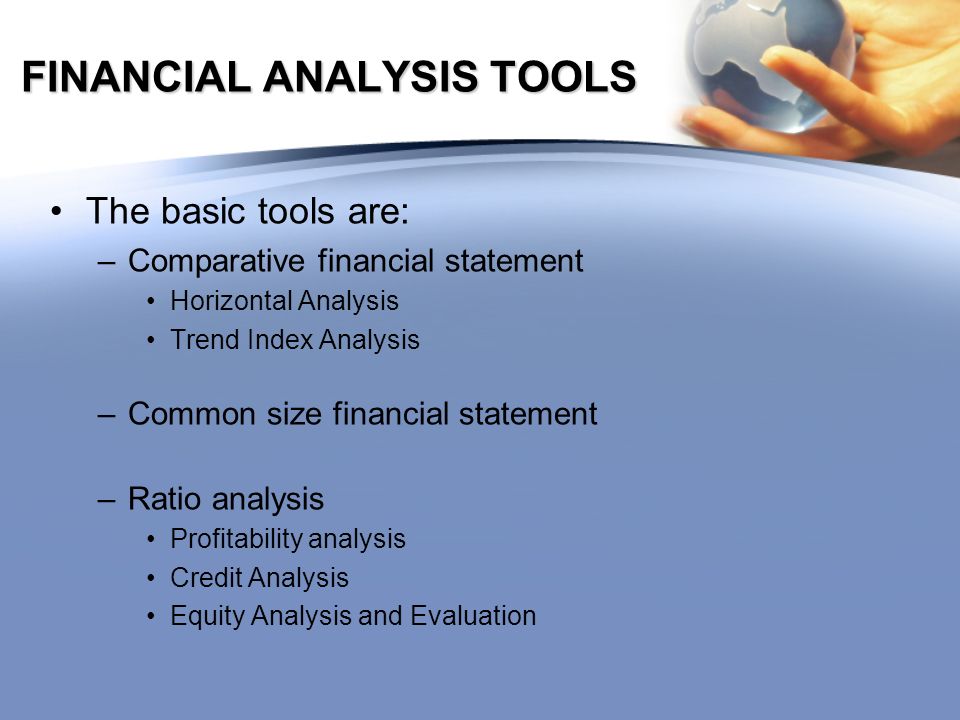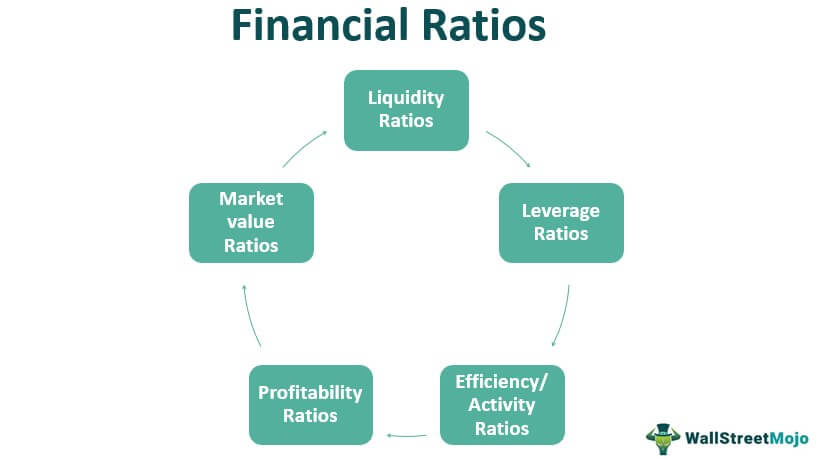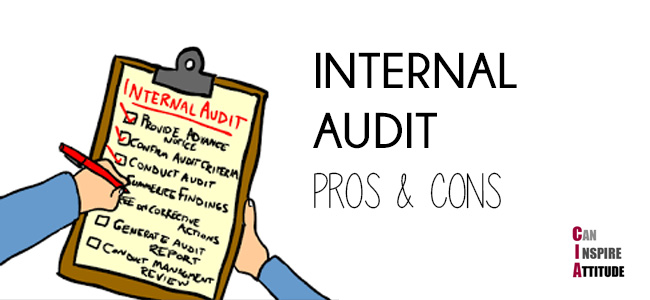What is the Business Activity Statement?
Understanding the Basics of Business Activity Statement
The Business Activity Statement (BAS) is a crucial document used in Australia by businesses to report and pay various taxes to the Australian Taxation Office (ATO). It is a legal requirement for businesses registered for Goods and Services Tax (GST), Pay As You Go (PAYG) withholding, and other tax obligations.
What does the Business Activity Statement include?
The BAS provides a comprehensive overview of a business’s financial transactions, including sales, purchases, wages paid, and other associated costs. It allows businesses to report their GST obligations, pay their employees’ withholding tax, and fulfill other tax requirements as mandated by the ATO.
GST Reporting
GST is a value-added tax levied on most goods and services sold or consumed in Australia. The BAS includes detailed information about a business’s GST liabilities and credits. It requires businesses to report their GST sales, GST purchases, and the amount of GST payable or refundable for the reporting period.
Businesses must ensure they have accurate records of their GST-related transactions, including tax invoices received and issued, as this information is necessary for completing the BAS. The BAS allows businesses to claim GST credits on their eligible purchases and offset them against the GST they owe on their sales.
PAYG Withholding Reporting
The Pay As You Go (PAYG) withholding system requires businesses to withhold income tax from their employees’ wages and remit it to the ATO on their behalf. The BAS includes a section where businesses report the total amount of wages paid to employees and the corresponding amount of tax withheld.
Businesses are responsible for calculating the correct amount of tax to withhold based on the employees’ tax file number declarations and the applicable tax rates. They must also provide employees with payment summaries at the end of the financial year, summarizing their total income and the amount of tax withheld.

What is the Business Activity Statement?
Other Tax Obligations
In addition to GST and PAYG withholding, the BAS may also encompass other tax obligations, such as fringe benefits tax (FBT), luxury car tax (LCT), wine equalization tax (WET), and fuel tax credits (FTC). These obligations are applicable only to specific businesses or industries, depending on their activities and annual turnover.
For example, businesses providing fringe benefits to their employees may be required to report and pay FBT. Similarly, businesses involved in the production, importation, or sale of luxury cars, wine, or fuel may have additional tax obligations that need to be reported on the BAS.
When and How to Lodge the Business Activity Statement
The frequency of lodging the BAS depends on the business’s circumstances. Generally, businesses lodge their BAS either monthly, quarterly, or annually. The ATO assigns the reporting period based on factors such as annual turnover, GST registration, and other tax obligations.
Businesses must lodge their BAS by the due date to avoid penalties and interest charges. The due dates vary depending on the reporting period, and it is essential to keep track of these dates to ensure compliance with the ATO’s requirements.
Lodging the BAS can be done electronically through the ATO’s online services, Business Portal, or via electronic software provided by registered tax agents or accounting software providers. These methods streamline the reporting process and enable businesses to submit their BAS efficiently.
The Importance of Accurate BAS Reporting
Accurate and timely BAS reporting is crucial for businesses to meet their tax obligations and maintain compliance with the ATO. Failing to report or paying incorrect amounts can result in penalties, interest charges, and potential audits or investigations.
Proper BAS reporting allows businesses to reconcile their GST liabilities, claim the necessary tax credits, and fulfill their obligations to their employees and the government. It provides a clear and transparent picture of a business’s financial activities, ensuring transparency and accountability.

In Conclusion
The Business Activity Statement (BAS) is a vital document that businesses in Australia use to report and pay various taxes. It covers GST reporting, PAYG withholding, and other tax obligations. By understanding the BAS requirements and meeting them accurately and on time, businesses can maintain compliance, fulfill their tax obligations, and contribute to the smooth operation of the Australian tax system.
Remember, if you have specific questions or concerns about your BAS or tax obligations, it is always recommended to seek professional advice from a registered tax agent or contact the Australian Taxation Office directly. https://cbdtax.com.au/business-activity-statement/




























